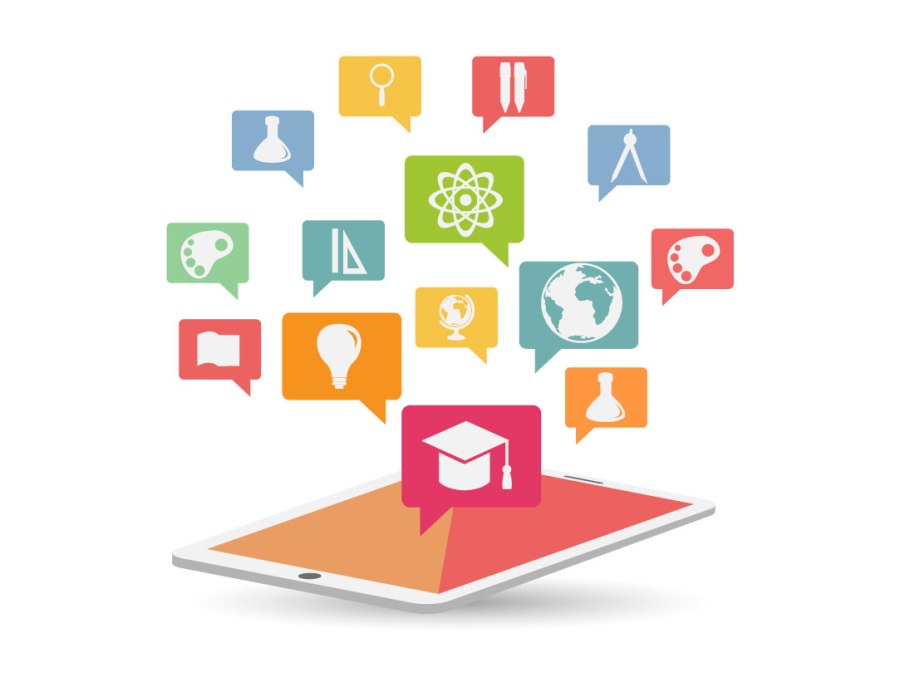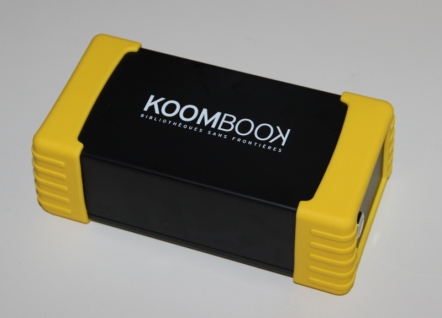
(google image)
I found it very inspiring that within 30 seconds of googling libraries in the developing world I was about to find some amazing resources. As soon as I read the description about this week’s blog post I thought of one country that is very special to me: Ecuador. When I was in my early twenties I backpacked through this beautiful country and met some wonderful people. I searched Library programs Ecuador and found some pretty great information. I went down the wonderful wormhole that is internet research and found an organization called Libraries Without Borders (LWB). I had no idea that an organization such as this existed and it just so happens that LWB was participating in starting a digital library system in Educator as well as many countries around the world.
The idea of digital libraries is quite neat. This will allow content to be shared in many different places. Wherever there is an internet connection people can gain access to vast amounts of information and resources available through digital libraries. My school has a wifi connection that teachers can connect their personal devices to, we haven’t quite made the wifi accessible to our students yet- but that doesn’t mean that the more tech savvy students haven’t figured out the password and gained access! Many of my students have the plethora of Apple products, all of which are capable of having internet access. Giving kids access to the wifi would come with a variety of issues but as discussed in previous posts we teach our students the importance of appropriate internet and device usage. The idea of wifi hotspots is tied very much with a piece of tech created by Libraries Without Borders.
LWB is introducing a product called Koombook. This device creates a wifi hotspot and allows users to use their digital devices to access information, it allows up to 30 users to log on at any time. This incredible piece of technology allows even the most remote places in Ecuador to access thousands of educational resources by connecting to its Wifi hotspot. How incredible that people in the furthest reaches of our planet could conceivably gain access to the most current information and educational resources (the Koombook is loaded with the Khan Academy and is updated regularly!!!!). This is very exciting. I am interested to see how much it costs to manufacture a device like this, would it be feasible to provide every community in need with one of these amazing devices? The cool thing about this piece of technology is that the information is all pre-loaded so the content can be tailored exactly to the audience using the koombook. A possible problem with the preloading is that biased information may be added to the device, the democratic access to info may be biased. These devices are being used in remote schools, community centres, giving children and adults access and allowing them to be connected. Check out the links below for a more thorough explanation of the Koombook.
Kukumbuka-To Remember
LWB Trains Librarians around the world

(LabFab image)
Works Cited:

Koombook sounds ridiculously great! What an amazing technology. With the global spread of cheaper personal devices that can access wifi and data, this will really change the way the world educates itself.
LikeLike
A very interesting blog post with one good example of a service that can be provided through organizations such as LWB! You’ve done a good job sharing your excitement about this topic, and discussing some of the challenges that remote communities in developing countries face in supporting their educational goals. There are many other examples of organizations, NGOs, and resources like the Koombook being distributed around the world and all our hopes are that they are effective in providing democratic access to information like you discuss.
LikeLike
Hi Katie,
The work of organizations like Libraries without Borders is inspiring…thank you for telling me about Koombook.
Alan
LikeLike